Agreement in Afrikaans: Understanding the Basics
Agreement is an important grammatical feature of any language, and Afrikaans is no exception. In Afrikaans, agreement refers to the way in which different parts of a sentence match each other in number, gender, person, and tense. Understanding agreement in Afrikaans is crucial for effective communication, especially in writing.
Noun agreement
In Afrikaans, nouns have two genders: masculine and feminine. The gender of a noun is not always predictable, so it is important to learn the gender of each noun when learning the language. The gender of a noun affects the forms of other words in the sentence, including adjectives, pronouns, and articles.
For example, in Afrikaans, the word « man » is masculine, while the word « vrou » (woman) is feminine. If you want to describe a man as « strong, » you would use the masculine form of the adjective, « sterk, » and say « sterke man. » On the other hand, if you want to describe a woman as « strong, » you would use the feminine form of the adjective, « sterke, » and say « sterke vrou. »
Verb agreement
In Afrikaans, verbs have different forms depending on the subject of the sentence, including the number and person of the subject. If the subject is singular, the verb form will be different than if the subject is plural.
For example, the verb « loop » (to walk) has different forms depending on the subject. If the subject is « ek » (I), the verb form is « loop. » If the subject is « jy » (you), the verb form is « loop. » If the subject is « hy » (he), the verb form is « loop. » However, if the subject is « julle » (you all), the verb form is « loop. » This is important to note when writing in Afrikaans, as using the incorrect verb form can change the meaning of the sentence.
Pronoun agreement
Pronouns in Afrikaans also have different forms depending on the gender and number of the noun they are replacing. If the noun is masculine, the pronoun must also be masculine. If the noun is feminine, the pronoun must also be feminine. If the noun is plural, the pronoun must also be plural.
For example, if you are talking about a group of women, you would use the feminine plural pronoun, « hulle, » to replace the noun. On the other hand, if you are talking about a group of men, you would use the masculine plural pronoun, « hulle, » to replace the noun.
In conclusion, understanding agreement in Afrikaans is essential for effective communication. Noun, verb, and pronoun agreement all play a crucial role in constructing grammatically correct sentences. Whether you are a beginner or advanced learner of Afrikaans, taking the time to learn and practice agreement will help you improve your writing and speaking skills.

Commentaires récents